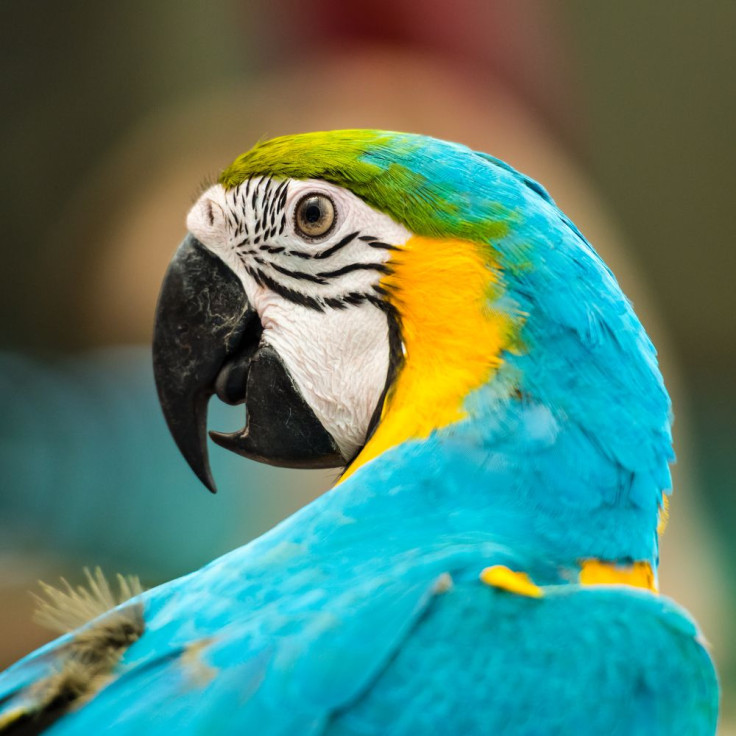
A preservation program has released thirty scarlet macaws into Mexico's Palenque National Park in the state of Chiapas in an attempt to preserve the endangered species.
In a statement, the press office of the park has revealed that a total of 100 scarlet macaws have been released into the National Park, including the thirty released on Sunday. The park explains that the aim behind released the scarlet macaws is to "reverse the process of extinction of this species."
The noble endeavor was a collaboration between the Aluxes Ecoparque Palenque, the Biology Institute of the National Autonomous University of Mexico (UNAM), and with the Xcaret nature park of Quintana Roo. The three groups work together to preserve the dwindling population of the scarlet macaw and reintroduce it to the tropical jungles of Chiapas.
In the Palenque region of Mexico, the scarlet macaw has a long-rooted history. The bird, which is known as Vucub-Caquix in Mayan, has been extinct in the geographic region for 50 years due to illegal trafficking. And it's not just the Palenque region -- a 2013 study found that habitat destruction and poaching has left only 240 scarlet macaws in Mexico's jungles.
That said, the reproductive and reintroduction program by Experiencias Xcaret has proven to be successful thus far, as the scarlet macaw population has grown by 41 percent. The program aims to release 250 specimens over the course of five years.
“The alliances that have been built are the new path toward the preservation of our natural heritage,” says Rodolfo Raigoza Figueras, from Experiencias Xcaret, in a statement.
© 2025 Latin Times. All rights reserved. Do not reproduce without permission.




